Treatment for Schizophrenia Disorder
Treatment for Schizophrenia Disorder
Schizophrenia is a severe mental disease affecting how a person feels, thinks, and behaves. It doesn’t mean the affected person has a “split personality” or multiple personalities.

What is Schizophrenia?
A person with schizophrenia or schizoaffective disorder may seem as if they have lost touch with reality and may have difficulty distinguishing fantasy from reality. They may also struggle to express and manage emotions. Symptoms of schizophrenia make it challenging for the person to participate in everyday activities.
Symptoms usually start for men in their late teens and early twenties. Women who develop schizophrenia tend to develop symptoms in their mid-twenties to early thirties. Some people experience their first symptoms in early childhood or older adulthood, but these are rare.
Risk Factors for Developing Schizophrenia
Genetics
Schizophrenia can run in families. That doesn’t necessarily mean that having a close relative with this mental illness necessarily means that everyone in the family will develop schizophrenia. According to scientists, several genes are involved in whether someone is more likely to develop schizophrenia, and no one gene causes the mental illness by itself.
Environment
Several factors may put a person at higher risk for developing schizophrenia.
- Being born into poverty is one known factor for developing schizophrenia.
- Another factor is living in stressful or dangerous surroundings. Poverty may be linked to these surroundings, but stress and danger can occur in any household.
- If a child’s mother was ill with a virus or didn’t eat well during her pregnancy (to the level that she had nutritional issues), her child may be at higher risk.
Brain Structure and Function
Studies have shown that people with schizophrenia may be more likely to have differences in specific brain areas and connections between their brain areas. Some of these brain areas may develop before they are born. Researchers are continuing their work to better understand how the brain’s structure and function may relate to people with schizophrenia. (National Institute of Mental Health)
Marijuana Use and Schizophrenia
Young men with marijuana (cannabis) use disorder have a higher risk of developing schizophrenia, according to a study conducted by researchers from Mental Health Services in the Capital Region of Denmark and the National Institute on Drug Abuse (NIDA). The study was conducted at the National Institutes of Health.
Researchers analyzed medical records data over 50 years, representing six million people in Denmark. Their goal was to estimate the number of schizophrenia cases that could be linked to schizophrenia use in the population.
The study found “strong evidence” of an association between marijuana use disorder and schizophrenia between men and women. The association was much higher among men. Researchers estimated that up to 30 percent of schizophrenia cases between the ages of 21-30 could have been prevented if young people had not developed a cannabis use disorder.
Signs and Symptoms of Schizophrenia
People living with schizophrenia have three types of symptoms: psychotic, negative, and cognitive. Consider how many symptoms seem familiar if you are concerned about a loved one. If symptoms are on this list, get professional help for an assessment immediately.
Psychotic Symptoms include changes in the way someone acts, thinks, and experiences the world around them. Someone who is experiencing psychotic symptoms may have disrupted thoughts and perceptions. They may also have trouble recognizing what is accurate instead of what is not. These symptoms include:
- Thought Disorder occurs when someone’s thought processes are illogical or unusual. People with thought disorders may find organizing their thoughts or speech challenging. They may stop talking in the middle of a sentence, jump from idea to idea, or make up their own meaningless words.
- Delusions are strong beliefs that are false and seem irrational to others. A person experiencing a delusion may believe that they are in danger and that other people or the government are trying to hurt them.
- Hallucinations are when someone sees, hears, feels, smells, or tastes things that aren’t there. Hearing voices is a common symptom for people living with schizophrenia. Family members or friends may not notice this symptom their loved one is experiencing for some time.

Negative symptoms are the person’s loss of interest or enjoyment in daily activities. The person with schizophrenia loses motivation, withdraws from their social life, has difficulty showing emotions, and finds it hard to function “normally.” These negative symptoms include:
- Speaking in a dull voice and showing a limited range of facial expression
- Avoiding social interaction or behaving in a socially awkward manner
- Low energy and spending much time in passive activities. If the person’s case is extreme, they may develop a rare condition, catatonia, where they stop moving or speaking for a time.
- Difficulty planning and performing activities, like grocery shopping
- Trouble anticipating and being motivated by pleasure in their everyday life
These symptoms may easily be mistaken for depression or other mental illnesses.
Cognitive Symptoms include problems the person with schizophrenia has with paying attention, concentration, and memory. They can make it difficult to follow a conversation, remember, or learn new things. Someone’s cognitive functioning level is one of the best predictors of their daily functioning. Healthcare professionals evaluate a person’s mental functioning using certain tests.
Cognitive symptoms include:
- Difficulty processing information required to make decisions
- Difficulty using information immediately after learning it
- Difficulty focusing or paying attention
Early Warning Signs of Schizophrenia
Kindly keep in mind that even if someone has all the following signs, it doesn’t necessarily mean they are developing schizophrenia. Any mental health diagnosis must be left to a qualified healthcare provider. If you are concerned about a loved one, encourage them to see a doctor (and offer to go with them) to share your observations to make an accurate diagnosis.

Isolation: If your loved one used to enjoy being social and now avoids the company of others, it could be a sign of schizophrenia. An abrupt withdrawal from social activities is a common early warning sign. Your loved one may express feeling like an outcast around others or feeling vulnerable in a crowd and, therefore, more comfortable on their own. These thoughts may be precursors to paranoia.
Reduction in Facial Expressions: Someone with schizophrenia will have reduced facial expressions, which appear like a flattened affect. This change in facial expression is different from the flat affect of a depressed person; someone living with schizophrenia isn’t necessarily sad. Instead, they may have a slight grin/smirk all the time. They may also constantly grimace as though they are injured. Someone living with schizophrenia may have less voice intonation when speaking. The person may also appear less articulate than someone who doesn’t have this mental illness.
Unusual Thoughts/Suspicions: A person who may be developing schizophrenia will often become suspicious about the events happening around them. They may also have suspicions about friends, family members, and others. The person may understand that these thoughts aren’t logical and can deal with them for a time; however, the intrusive thoughts return from time to time until they cannot get rid of them.
Deterioration in Work or Studies: When someone develops suspicions about the people around them, it becomes tough to concentrate on work or school. They may feel like they are constantly being watched and start hearing sounds or voices other people don’t hear. The affected person may also have difficulty sleeping.
Irrational Responses to Family and Friends: Someone in the earliest stages of schizophrenia may shrink away from family members and friends whom they previously treated warmly. They may also be angry with their loved ones.
If you or a loved one is experiencing these early warning signs of schizophrenia for a period lasting longer than two weeks, seek help right away.
Who can Receive Inpatient Care for Schizophrenia?
Inpatient treatment for schizophrenia is usually reserved for people experiencing severe symptoms or who are at risk of harming themselves or others. The length of a stay at an inpatient facility varies depending on the client’s needs. It is generally shorter than before due to advances in medications and other treatments. Today, it is .
Who is Eligible to Receive Schizophrenia Care?
Inpatient care for schizophrenia is typically reserved for individuals who are experiencing severe symptoms or who are at risk of harming themselves or others. The length of stay in an inpatient facility can vary depending on the individual’s needs. Their stay is generally shorter than in the past due to advances in medication and other treatments that have made it possible to manage symptoms more effectively in an outpatient setting.

Treatment Options for Schizophrenia
Johnstown Heights Behavioral Health inpatient care for schizophrenia provides intensive treatment and support for clients experiencing acute symptoms. We care for people who need a higher level of care for schizophrenia than they can receive from outpatient resources.
Therapy and Schizophrenia
During their course of inpatient treatment for schizophrenia, a client may receive a combination of medication, group therapy, and other supportive interventions to help them manage their symptoms and improve their overall functioning. Treatment options may also include:
- Family Education
- Family therapy sessions
- Social skills training
- Vocational rehabilitation
These treatment options are used to help clients reintegrate into their community.
Johnstown Heights Behavioral Health Care for Schizophrenia
Johnstown Heights provides compassionate care for clients living with schizophrenia. We have developed a reputation as a treatment center for schizophrenia where values like honesty, respect, and teamwork are used to help clients reach their treatment goals.
If you are looking for treatment for schizophrenia near Denver, contact us today.





